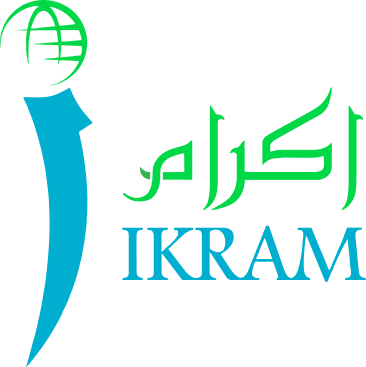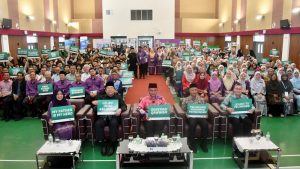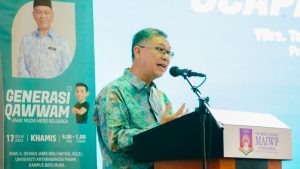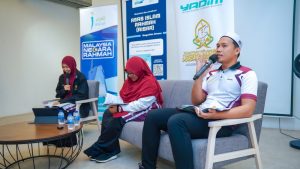As online classes continue, more students are being left behind. Pre-Covid-19 pandemic, we have seen that Malaysia’s Programme for International Student Assessment (PISA) score in 2018 is below average amongst OECD countries.
In reading, we had a mean score of 415 points while in mathematics and science, it was 440 points and 420 points respectively. Malaysia could expect the score to fall short in the next assessment in comparison with before because of disruption in the online learning process.
This is due to problems that are faced by students such as unstable Internet, learning equipments’ constraints, and inability to follow the current syllabus. Despite that, at the end of every year teachers are still expected to fulfil the teaching plan as listed out by the ministry of education.
To be clear, Malaysia has a centralized approach to education. This entails that a central body has the authority and decision-making power instead of the school and community in general.
It’s more commonly known as the top-down approach, and in Malaysia the central body will construct the curriculum, employment of teachers and allocation of resources and budget.
All the crucial decisions and changes are to be set only by Kementerian Pendidikan Malaysia (KPM) and later passed down to the school through the local district authority.
Thus, we can see that the policy is general and all-rounded to suit the needs of Malaysia in general instead of catering to the needs of the local community.
Is it really effective in helping students to regain their time that has been lost in education?
Based on UNESCO’s International Institute for Educational Planning, decentralization of education could help the learning process of students. It can be said that by decentralising education, the decision-making responsibility is transferred to the school.
The first benefit is schools will be given the autonomy to decide the curriculum of the school. They will have the power to rearrange the syllabus based on priority to ensure no student will be left behind and the learning objective could still be fulfilled.
This is more crucial in remote areas as it is hard for students to attend online classes. Their short attention span should be taken advantage of by teaching them significant topics rather than focusing on finishing every topic.
Secondly, the community and local stakeholders will have a say in improving the learning outcomes and quality of teaching. Not to forget, when these key players feel their suggestion and idea is implemented, it could give them a sense of ownership for an overall vision.
Parents play a big role to check and balance in these situations. They need to give attention to the problems that their children are experiencing during the learning process and give feedback to the school.
By collecting these concerns and suggestions from the community, schools can have a better understanding of the conditions of the students. As a result, teachers can personalize the method of teaching and the learning material based on it. Thus, the cybergogy experience could be comprehensively improved.
Another benefit of decentralisation is that it could give schools faster response time based on local situations. Reflecting on our current situations, there are areas that have thousands of Covid-19 cases and through this initiative, schools can decide on the implementation of online learning for a few more months without waiting for a decision by KPM.
This is important as previously we can observe the implication of KPM late responses towards issues, many problems had occurred such as virus outbreak at schools which results in unpreparedness of teachers and students to do online learning.
If teachers were given the opportunity to plan, it would be more beneficial as they could prepare in advance the activities to do in class with the designated amount of time. This is far more effective than having to plan for only two weeks duration, then continue to wait for a notice from KPM and repeat this cycle.
Although this initiative will give more autonomy to the school, I still believe that the school’s plan should always be in line with National Education Philosophy. This is important to develop individuals that are holistic and balanced.
Are there any other countries that had implemented such a drastic change during this Covid-19 period?
Surprisingly other countries have made changes to their curriculum to suit the current changes in education and the closest example that we can see is Indonesia. They had reduced their curriculum and selected only the important ones to focus on. This is to lessen the burden of teachers and students during teaching and learning sessions.
It is also worth noting that Indonesia’s ‘Merdeka Belajar’ initiative that was recently introduced earlier this year, has given teachers more freedom in conducting class based on the curriculum.
Danial Farook
Harmoni Malaysia Activist
Faculty of Education UiTM








